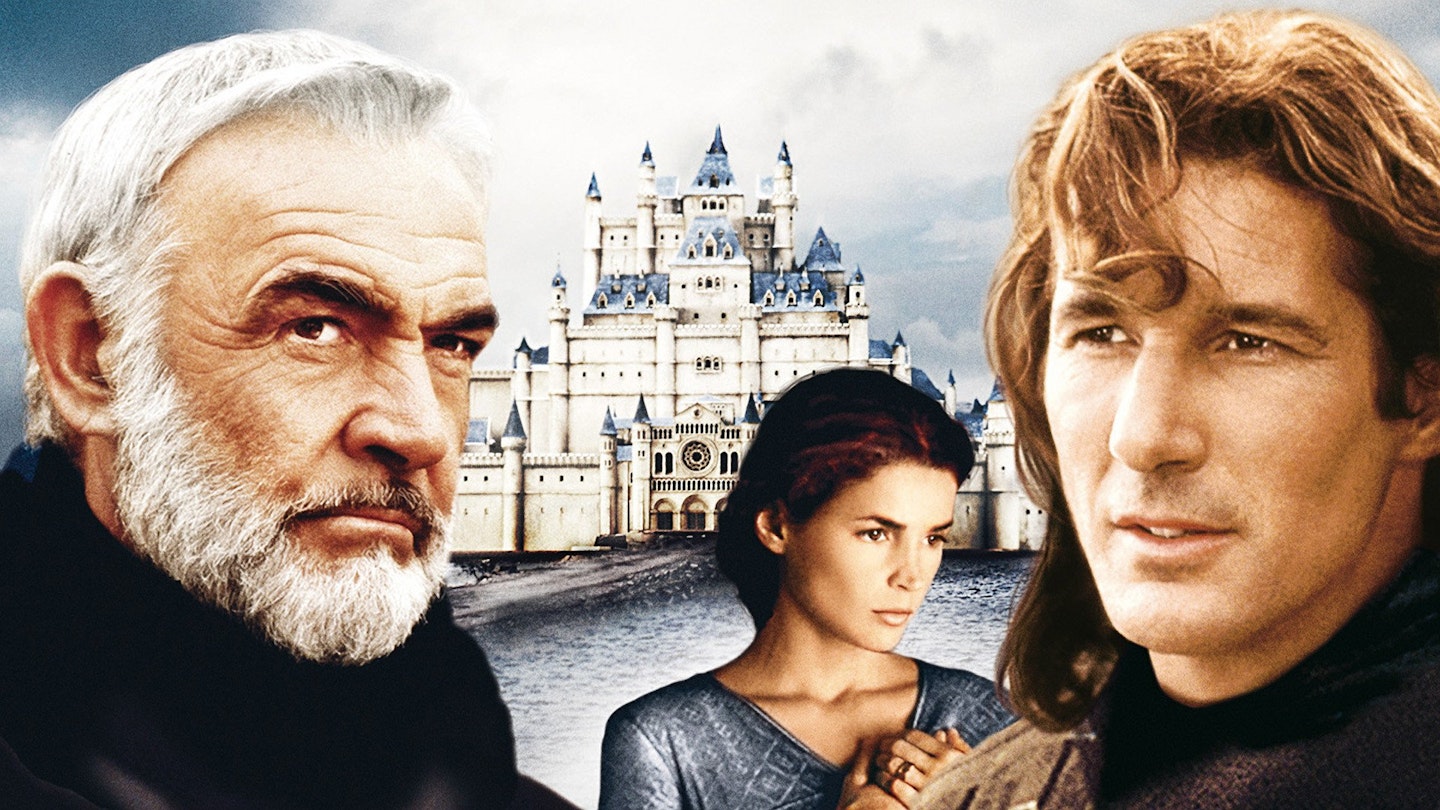Jerry Zucker, who made his name with zany comedies such as Airplane and the romantic fantasy Ghost, would seem an unlikely choice to helm an Arthurian epic, and, although he proves to be no John Boorman, this pared-down, vaguely New-Agey retelling of the legend of Camelot is a good bit of sword-clanging fun.
Screenwriter William Nicholson has jettisoned most of the tale's mythical trappings - no Merlin, no Excalibur - and concentrates on breathing new life into the fated love triangle between Arthur, Guinevere and Lancelot. The film leans heavily on its star power. Gere's Lancelot is a rootless narcissist with a troubled past, who, in a decidedly 20th Century Yankee brogue, spouts non-chivalrous sentiments such as "I know when a woman wants me." Guinevere (the splendid Ormond) is a beautiful, resourceful tomboy, who demurely decides it's time to accept the marriage proposal made to her by the courtly, paternalistic Arthur (Connery).
Events gain heat when Lancelot cheekily kisses Guinevere after helping her thwart an attack by the nearby pillaging warlord Malagant (Ben Cross). He then shows up in Camelot on her wedding day to woo both king and queen, and for all her devotion to Arthur, Guinevere can't help but sense that Lancelot may have just what she needs. The scene is thus set for an epic showdown between brothers-in-arms over the love of a good woman. That is, if it wasn't for Malagant's movie villainy thrusting the story back onto thunderingly rendered battlefields.
Zucker strives to imbue the tale with some psychological drama, but between the battles and the derring-do, there's little time to explore the hearts and minds of the star-crossed lovers, save for a perfunctory exploration of Lancelot's violent childhood. It is on other levels that the film entertains: a subdued Connery, always at home in costume epics, is still a powerful presence, while Gere cavorts with the prowess of a young Errol Flynn, generating the necessary chemistry with Ormond to make their doomed attraction palpable among all the big heroics.
